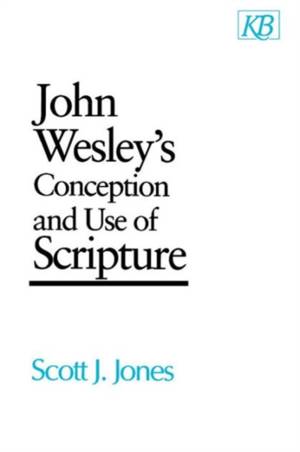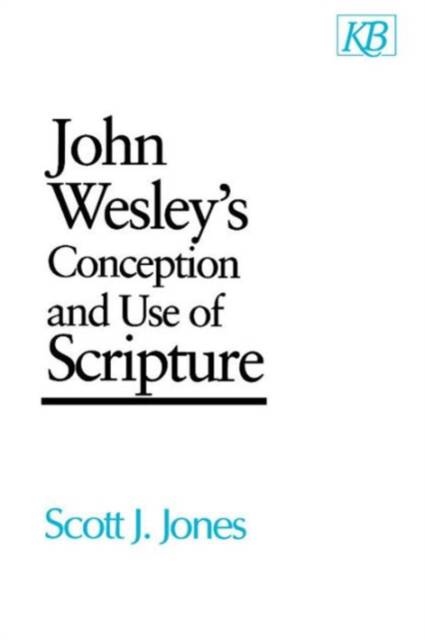
Bedankt voor het vertrouwen het afgelopen jaar! Om jou te bedanken bieden we GRATIS verzending (in België) aan op alles gedurende de hele maand januari.
- Afhalen na 1 uur in een winkel met voorraad
- Gratis thuislevering in België vanaf € 30
- Ruim aanbod met 7 miljoen producten
Bedankt voor het vertrouwen het afgelopen jaar! Om jou te bedanken bieden we GRATIS verzending (in België) aan op alles gedurende de hele maand januari.
- Afhalen na 1 uur in een winkel met voorraad
- Gratis thuislevering in België vanaf € 30
- Ruim aanbod met 7 miljoen producten
Zoeken
€ 41,95
+ 83 punten
Omschrijving
Despite wide acceptance of the Wesleyan quadrilateral, significant disagreements have arisen in both academic and church circles about the degree to which Scripture stood in a place of theological primacy for Wesley, or should do so for modern Methodists, and about the proper and appropriate methods of interpreting Scripture. In this important work, Scott J. Jones offers a full-scale investigation of John Wesley's conception and use of Scripture. The results of this careful and thorough investigation are sometimes surprising. Jones argues that for Wesley, religious authority is constituted not by a quadrilateral, but by a fivefold but unitary locus comprising Scripture, reason, Christian antiquity, the Church of England, and experience. He shows that in actual practice Wesley's reliance on the entire Christian tradition - in particular of the early church and of the Church of England - is far heavier than his stated conception of Scripture would seem to allow, and that Wesley stresses the interdependence of the five dimensions of religious authority for Christian faith and practice.
Specificaties
Betrokkenen
- Auteur(s):
- Uitgeverij:
Inhoud
- Aantal bladzijden:
- 272
- Taal:
- Engels
- Reeks:
Eigenschappen
- Productcode (EAN):
- 9780687204663
- Verschijningsdatum:
- 1/11/1995
- Uitvoering:
- Paperback
- Formaat:
- Trade paperback (VS)
- Afmetingen:
- 150 mm x 233 mm
- Gewicht:
- 399 g

Alleen bij Standaard Boekhandel
+ 83 punten op je klantenkaart van Standaard Boekhandel
Beoordelingen
We publiceren alleen reviews die voldoen aan de voorwaarden voor reviews. Bekijk onze voorwaarden voor reviews.









